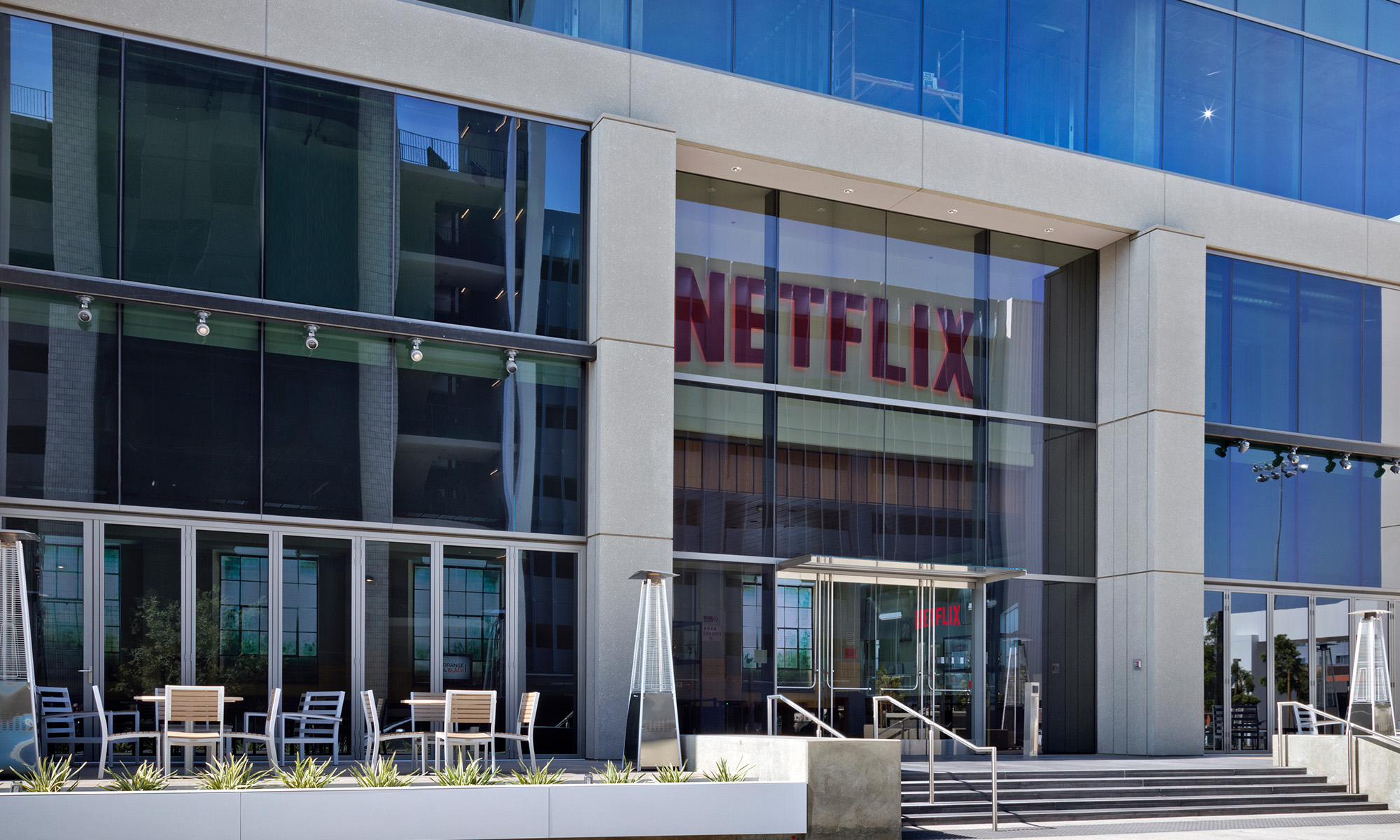
There are a lot of moving parts at Outerwall. It's the company behind the Coinstar machines that turn pocket change into gift certificates. It's also the company behind ecoATM kiosks that turn old smartphones, MP3 players, and tablets into cash. Those businesses are holding up pretty well, but Outerwall lives and dies by Redbox because it continues to account for more than 80% of revenue. When Outerwall stock takes a hit, it's usually a safe assumption that Redbox is behind the carnage.
It was another rough quarter for Redbox. Year-over-year revenue slipped just 1% to $439 million, but that's masking the defections in rental activity. Redbox machines pushed out just 146 million DVDs, Blu-rays, and video games this past quarter, 13% fewer than a year earlier. The disparity between rental activity and revenue results from yet another Redbox price increase. DVD rates rose by $0.30 a night to $1.50 in December, with Blu-ray discs going from $1.50 to $2. A few weeks later, Outerwall juiced up the rate of its video-game rentals from $2 a night to $3.
Increasing the nightly rate of its DVD, Blu-ray, and video games by 25%, 33%, and 50% was a pretty substantial move, but it would suggest that revenue would have inched nicely higher even on a 13% plunge in rentals with all things held constant. It didn't, and that's because folks aren't holding on to their rentals as long as they used to. Net revenue per rental grew by only 14% to $3, as more people are aiming to return their higher-priced discs after a single night.
This brings us to Netflix (NFLX 0.22%), the logical beneficiary of Redbox's slow fade to black. Netflix is the undisputed champ among premium streaming video services. There were 65.5 million subscribers worldwide for Netflix's digital platform as of the end of June, 15.5 million more than a year earlier. As DVD rentals migrate to streaming, it makes perfect sense for Netflix to cash in on the trend. It's the largest player and can therefore spend more than anyone else to acquire content.
However, in an unlikely twist, Netflix's own DVD-rental business could also be a big winner here. It's still there. It's shrinking -- falling from 6.3 million accounts receiving DVDs by mail to 5.3 million over the past year -- but the shortfall at Redbox could help Netflix in the same way Blockbuster's end helped Redbox. Let's go over two big reasons this could breathe new life into Netflix's seemingly archaic DVD business:
- The psychological shift, with folks rushing to return Redbox rentals the following day, could lead to a renewed appreciation in the unlimited nature of Netflix's model.
- This isn't the first rate increase Coinstar has rolled out. Redbox's nightly rate went from $1 to $1.20 in late 2011, and now it's up to $1.50. In the time that Redbox rates have soared by 50%, we've seen Netflix's DVD plan pricing hold the line at $7.99 a month for a single disc out at a time. In short, it's an even better value now.
No digital smorgasbord will ever offer every available release, making DVDs a logical platform to keep thriving. Netflix is there, generating healthy cash flow from its operations, and it's been able to do so without resorting to dramatic rate increases like Redbox or total obliteration like Blockbuster. So, yes, Redbox's loss is Netflix's gain.






